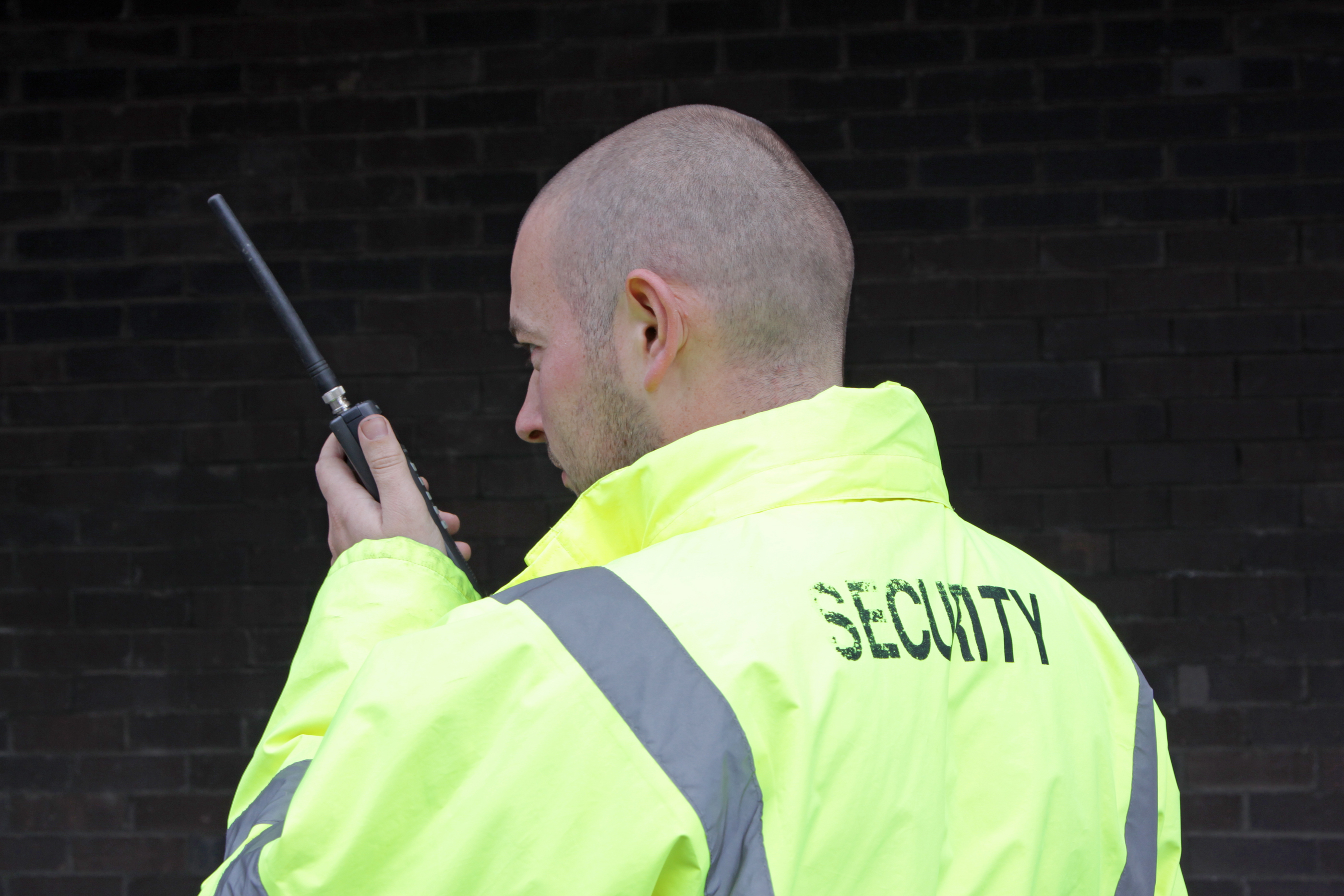Professionalisation is needed now more than ever, writes Sara Roberts from Kingdom Academy, arguing it’s crucial for mending tenant-landlord relationships.
The latest report from the housing ombudsman revealed that complaints from social housing tenants about poor living conditions have risen by more than 40% in the past year.
It is clear that more work needs to be done to improve the safety and well-being of social housing tenants in the UK.
While part of the answer lies in timely repairs and improving Britain’s ageing housing stock, the sector also needs to foster better relationships between tenants and landlords.
Timeline for change
Earlier this year, as the government announced its timeline for the introduction of the competence and conduct standards, the housing ombudsman similarly noted a 474% increase in complaints around living conditions since 2019/2020.
And whilst the pledge to build 1.5m new homes, if fulfilled, will reduce the proportion of older social homes that require regular repairs, the upcoming changes demand social housing professionals’ skills and time – and professionalisation needs to be just as clear a focus.
Currently, the Regulator of Social Housing (RSH) will set new standards for the competence and conduct of social housing staff, which will come into force in October 2026. Following this, there will be a transition period to allow time to comply with qualification requirements – which is estimated to impact around 25,000 senior housing managers and executives.
The Competence and Conduct Standard aims to introduce a national framework for promoting high standards and professionalism within the sector, by requiring people to have, or gain, specific qualifications.
Larger providers of social housing will have three years to adhere to the standards, whilst smaller providers will have four years.
Getting ahead of the standards is key to building that essential relationship with tenants. Professionalisation offers a raft of opportunities for social housing staff – such as career progression, upskilling, improved confidence and competence, which in turn improves their interactions with tenants.
With the Chancellor’s plan to build 1.5m homes, including social housing, over the next five years, the demand for skilled housing staff is set to surge. And this comes at a time where the sector is already grappling with a significant staffing shortage, with recruitment and retention seen as critical strategic risks in the sector.
These issues impact not just the demand on current social housing staff, but the quality of service they are able to provide tenants.
An amalgamation of rising tenant need, a skilled staff shortage and increased social housing stock in the future only intensifies the need to view professionalisation as an opportunity rather than a burden.
Learning and development strategies have a crucial and transformative role in improving the relationship between landlords and tenants and improving service delivery. Daunting as they may seem, these proposed changes are a force for good and welcoming them will only lead to a greater positive impact on both tenants and staff.
Be prepared
Social housing organisations should currently be preparing their training and development strategies for their staff, ensuring strong governance is in place, and starting to make a sustained impact on the services provided to their tenants.
Our recommendations are:
- Link your training and development strategy to wider organisation goals on improving service delivery to tenants.
- Prioritise training and development of staff in service areas where data from tenant feedback has identified improvements are required.
- Your training and development plans to skill up and train staff should not have a deleterious impact on the quality-of-service areas. Always keep in mind that the governments professionalisation agenda is because of the findings of a number of reports that found poor service delivery to tenants and systematic inadequacies of staff competency and conduct
- Ensure your apprenticeship levy is utilised effectively and focused on stretch and challenge of staff
Furthermore, professionalisation contributes to fewer complaints, improved customer satisfaction, and increased employee morale.
The focus on ethical decision-making and continuous learning enables staff to navigate the complexities of the sector more effectively. This creates a more engaged workforce, ready to meet new regulatory demands and improve service delivery, ultimately leading to better outcomes for residents.
Essential repairs and reskilling go hand in hand to provide the best quality homes for tenants.

